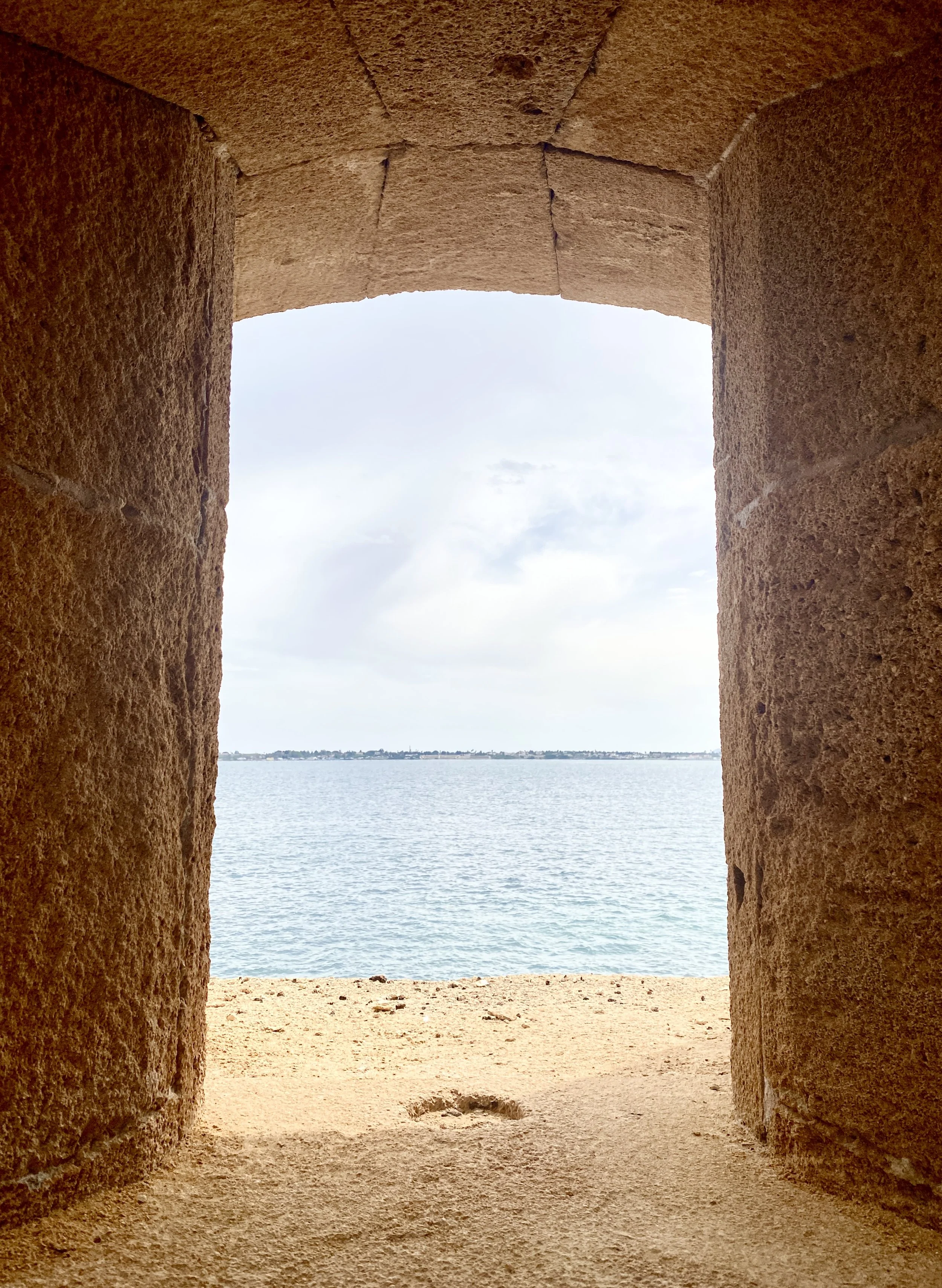In 2025, Intelligence is open-mindedness.
I’ve had a few clients recently bring up topics of intelligence—concerns about their level of intelligence (be it perceived as high or low), and more pronouncedly: how others will perceive their intelligence.
And when I ask clients to define ‘intelligence’, they come up with a whole slew of criteria that put the bar high.
However, when I ask them to define ‘unintelligent’, the bar lowers drastically.
Most clients will report that the only real evidence of a lack of intelligence is ignorance, unconsciousness, narrow-mindedness. And this is coherent with recent studies.
For a long time, intelligence was framed through the lens of “multiple intelligences”—a theory popularized by Howard Gardner, which suggested that intelligence came in many forms: logical, musical, spatial, emotional, interpersonal, and more. While this broadened the conversation beyond IQ, it still emphasized innate talents or specific aptitudes. But in 2025, there’s a quiet shift happening. Intelligence is increasingly being understood not just as what you know or what you’re good at, but how willing you are to un-know, to re-learn, to expand. In other words, intelligence is becoming more about open-mindedness—a flexible, curious, and self-aware way of thinking that allows for growth and connection in a complex world.
The psychological literature increasingly points to open-mindedness—and its cousin, intellectual humility—as essential indicators of what it means to be intelligent in a world where almost all information is accessible to almost everyone.
Psychologists refer to this as Actively Open-Minded Thinking (AOT): the capacity to consider opposing viewpoints, seek out disconfirming evidence, and revise our opinions in light of new information. It’s an approach to thinking that’s less about being right, and more about being real—with yourself, with others, and with the evolving complexity of the world.
A growing body of research has shown that AOT is not only linked to better decision-making and more accurate predictions, but also to more socially intelligent behaviour. One well-cited study on forecasting ability (Mellers et al., 2015, and replicated through 2024) found that those who scored high in open-mindedness significantly outperformed others in predicting real-world events—not because they were smarter in the traditional sense, but because they were more willing to be wrong.
Another 2025 study, published in Frontiers in Psychology, explored how people responded to emerging ethical questions around technologies like gene editing. Those with higher AOT scores tended to engage in more nuanced, less reactive thinking. Rather than immediately judging an issue as good or bad, they were more likely to ask questions, consider different perspectives, and tolerate ambiguity.
This shift in how we understand intelligence feels timely.
We are constantly navigating spaces filled with contradiction—be it in politics, science, health, or identity. In these spaces, rigid knowing isn’t just unhelpful; it can be dangerous. Open-mindedness, on the other hand, invites curiosity. It creates space for dialogue. And perhaps most importantly, it leaves room for change.
It’s also worth noting that open-mindedness is linked to broader social and emotional skills. Recent research from SAGE Open (2025) shows that those who score higher in openness tend to form more diverse friendships and exhibit greater tolerance in cross-cultural settings. And studies on intellectual humility show that people who acknowledge the limits of their knowledge are less prone to misinformation and more likely to engage in productive conflict resolution.
All of which is to say: maybe intelligence isn’t about knowing more. Maybe it’s about awareness, rather than narratives.
Not clinging to certainty, but building the inner strength to say: “I hadn’t considered that.” Or even: “I was wrong.”
Maybe it even has something to do with shedding the ego—the ability to let go, to detach from fixed ideas about ourselves and the world, to change our information and our beliefs to what makes the most sense in the present context.
That, to me, is the kind of intelligence we need in 2025. And it’s one we can all cultivate.
The sea off the coast of Ortigia, through the fortress window.

